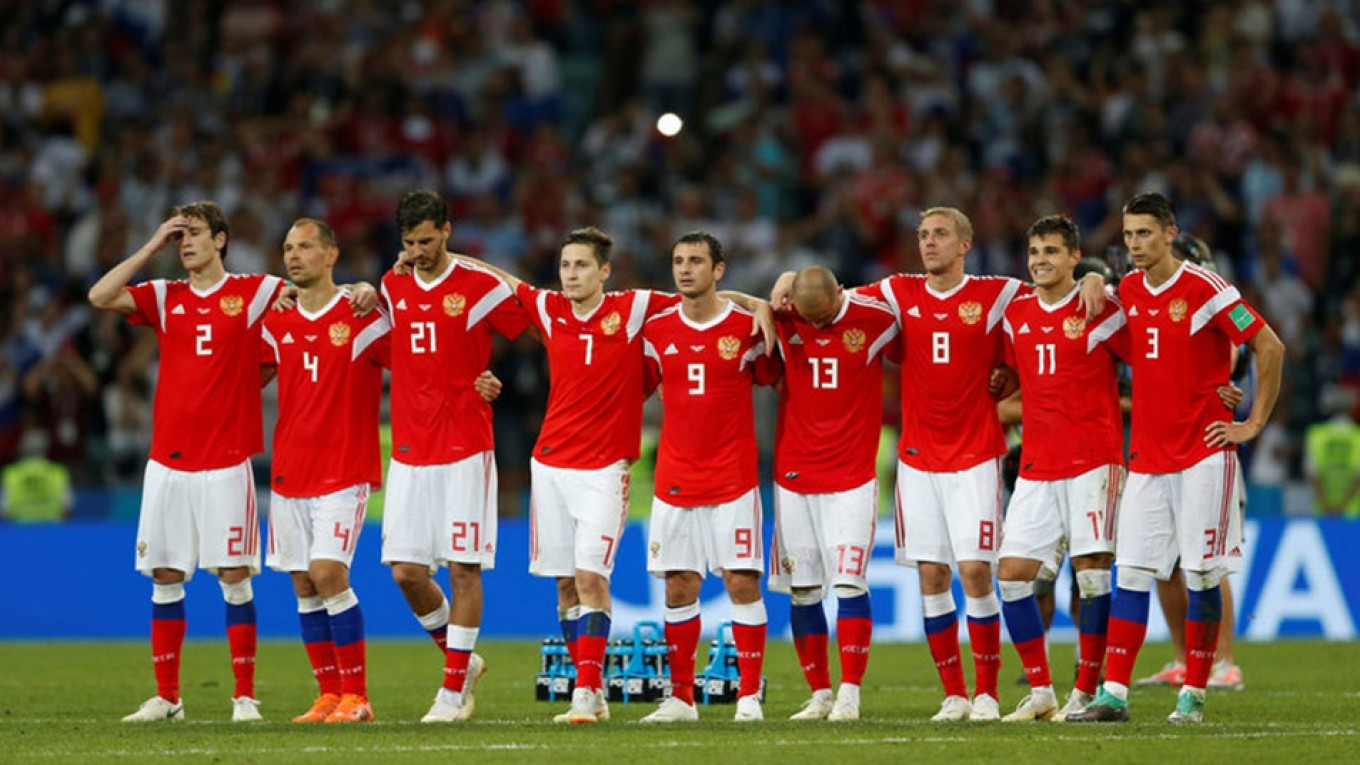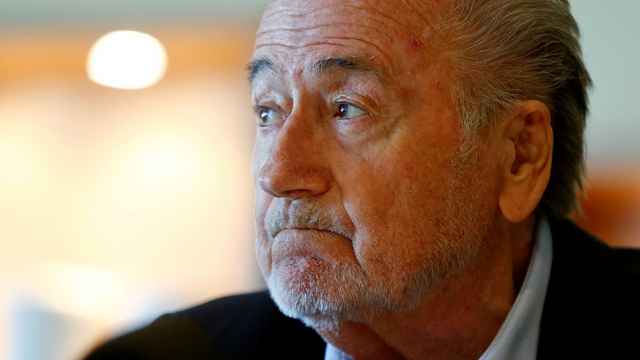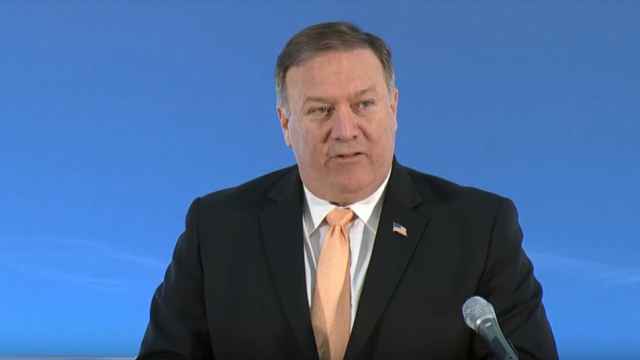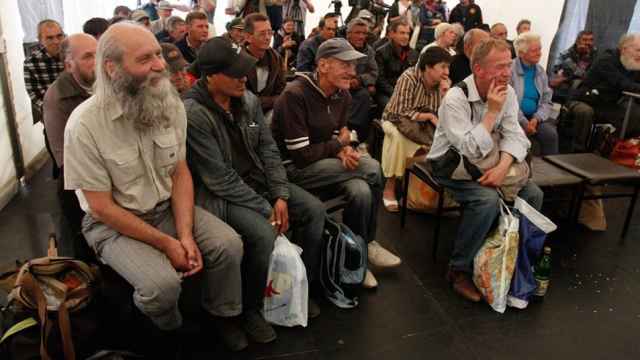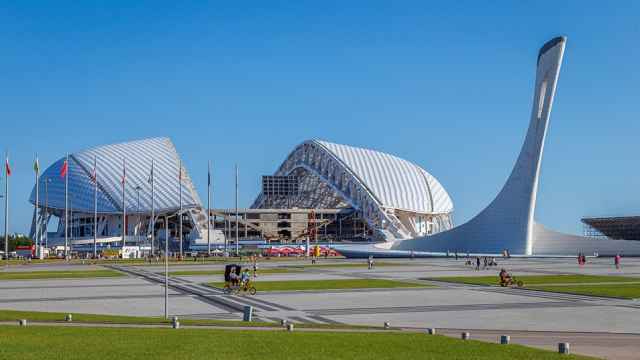It is perhaps only fitting that Russia, with its turbulent and volatile history, has hosted what is arguably the most unpredictable World Cup ever. The tournament has been characterized by last-minute goals and big defeats for the established powerhouses of international football.
Germany, the 2014 champions, crashed out at the group stage for the first time in living memory. Argentina, the 2014 runners-up, just scraped through to the playoffs after Croatia put three goals past them without reply. Brazil, the most successful team in the history of the World Cup, were dealt a footballing lesson by Belgium in the quarterfinal, while Italy, four-time winners, didn’t even make it to Russia.
But one of the biggest surprises has been, undoubtedly, Russia’s own performance. Even the side’s own long-suffering fans didn’t expect much before the World Cup began, with many fearing they might not even make it out of what was widely seen as the tournament’s weakest group.
But Russia got through, and then held Spain, the 2010 World Cup champions, to a 1-1 draw before beating them in a penalty shoot-out that made a national hero of Igor Akinfeyev, Russia’s goalkeeper. They then took Croatia to penalties again, drawing 2-2 in a pulsating quarterfinal clash on Saturday evening, before their collective spot-kick skills let them down.
Our whole lives we’ve wanted … people to be proud of us. We wanted to prove that football is alive.
There had been concerns that trouble could erupt after Russia got knocked out, much like the riots that hit Moscow after the national side was beaten 1-0 by Japan at the 2002 World Cup. But, instead, fans continued to party, albeit in more subdued form. Chants of “Ros-si-ya!” echoed late into the night as Russians celebrated their side’s memorable World Cup campaign.
A cynic would say, of course, that Russia didn’t actually achieve that much: They beat Saudi Arabia and Egypt, then lost 3-0 to Uruguay, before draws against Spain — fielding arguably its weakest side for years — and Croatia. Despite the euphoria at making it to the last eight, penalty shoot-outs aside, Russia still hasn’t defeated a European side at the World Cup since the collapse of the Soviet Union.
But who cares, right now, about the statistics? It was the manner of Russia’s performances, their obvious desire and passion, not to mention some truly topclass goals, that impressed the nation and made household names out of players that most people wouldn’t have previously recognized had they bumped into them down at the local shop.
“Our whole lives we’ve wanted … people to be proud of us. We wanted to prove that football is alive,” said a tearful Artyom Dzyuba, Russia’s battering-ram of a center-forward, after the loss to Croatia. Symbolically, just hours after Dzyuba and co. were knocked out of the tournament, the good weather that has helped turn central Moscow into one big fan zone ended abruptly, as torrential rains hit the Russian capital.
Had Russia overcome Croatia, their semifinal opponents would have been England. With London and Moscow embroiled in a row over the poisoning of Sergei Skripal, the former Russian military intelligence officer, and his daughter, Yulia, in southern England, the match would have been the most politically-charged World Cup game since the United States took on Iran in 1998.
A last-four clash between the two countries had been noted as a possibility when the World Cup draw was made, but only as an abstract prospect. Few believed either team would make it that far. In the end, the unlikely fixture was only a few penalty kicks away from becoming a reality.
All eyes now, of course, will be on the semifinals. In keeping with the nature of this tournament, only one of the four sides left — France — has won a World Cup in recent history. Belgium, Croatia and England all have one semifinal appearance to their names from the past 32 years. There is now the very real possibility of a Belgium vs. Croatia World Cup final, a fixture that would pit two countries with respective populations of just 11.3 and 4.1 million people against each other. At this World Cup, it seems, anything really is possible.
Marc Bennetts is a journalist and author of “Football Dynamo: Modern Russia and the Peoples’ Game.” The views expressed in opinion pieces do not necessarily reflect the position of The Moscow Times.
A Message from The Moscow Times:
Dear readers,
We are facing unprecedented challenges. Russia's Prosecutor General's Office has designated The Moscow Times as an "undesirable" organization, criminalizing our work and putting our staff at risk of prosecution. This follows our earlier unjust labeling as a "foreign agent."
These actions are direct attempts to silence independent journalism in Russia. The authorities claim our work "discredits the decisions of the Russian leadership." We see things differently: we strive to provide accurate, unbiased reporting on Russia.
We, the journalists of The Moscow Times, refuse to be silenced. But to continue our work, we need your help.
Your support, no matter how small, makes a world of difference. If you can, please support us monthly starting from just $2. It's quick to set up, and every contribution makes a significant impact.
By supporting The Moscow Times, you're defending open, independent journalism in the face of repression. Thank you for standing with us.
Remind me later.



